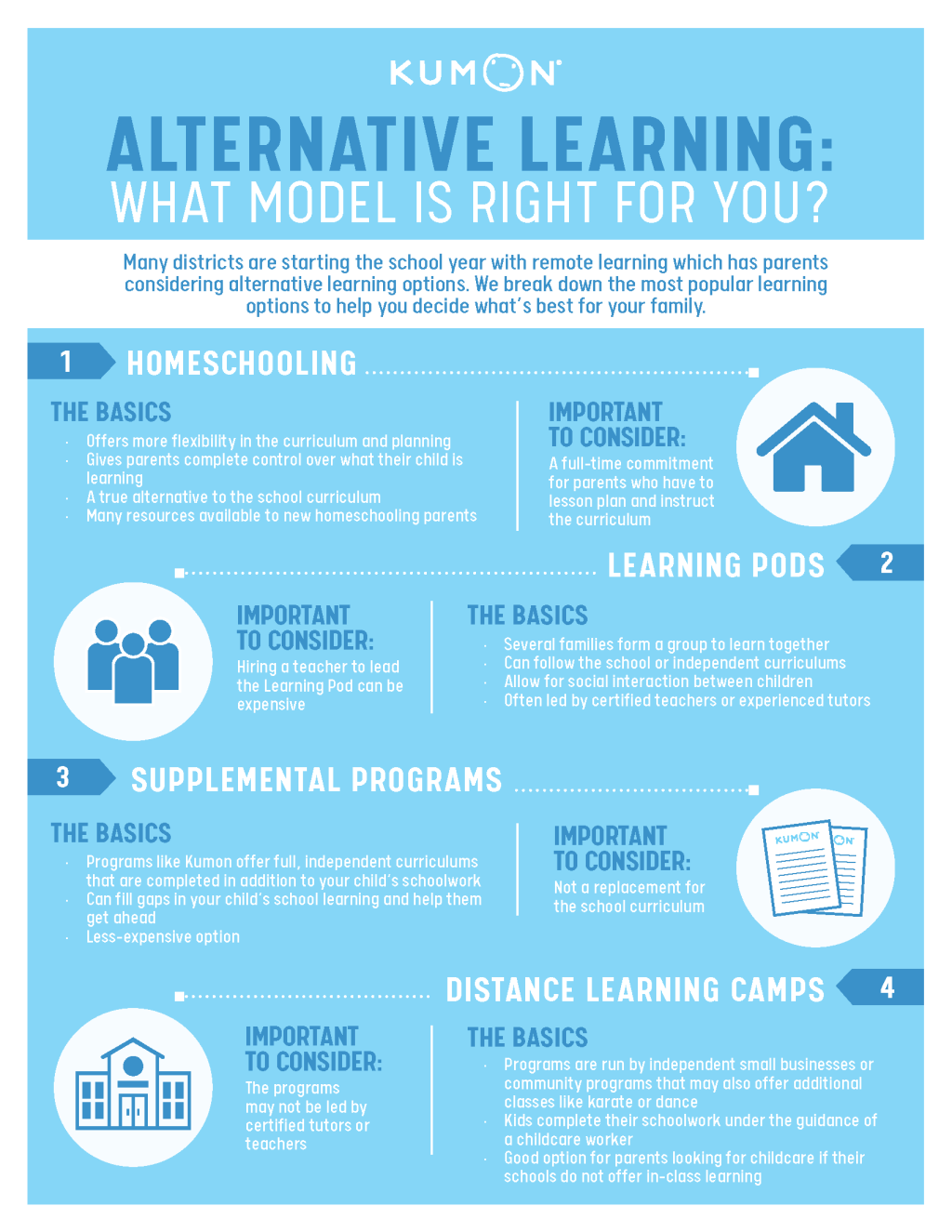Self-directed learning, project-based learning, and the unschooling philosophy have gained popularity in recent years as alternative approaches to traditional education. These methods prioritize individual interests, critical thinking skills, personal growth, and real-world applications of knowledge over standardized curriculum and classroom instruction.
Self-directed learning allows individuals to take control of their education by choosing what they want to learn, how they want to learn it, and at what pace. This approach fosters a sense of autonomy and responsibility for one’s own education while promoting creativity and innovation.
Project-based learning involves hands-on projects that allow students to explore topics deeply through research, collaboration, and problem-solving. This method encourages practical application of knowledge and helps develop critical thinking skills by working on real-world challenges.
Unschooling takes self-directed learning a step further by removing formal curriculum altogether. Instead of following a set program of study, unschooled individuals pursue their interests with the support of their community and resources available to them. This approach emphasizes personal responsibility, time management skills, and the development of a lifelong love for learning.
Parents play a crucial role in unschooling by providing guidance, resources, mentorship opportunities, and creating a supportive environment for their children’s educational journey. They are encouraged to actively engage with their children’s interests and facilitate connections with broader communities for socialization opportunities.
For unschooled teenagers looking to transition into college or career paths, there are various resources available such as online courses, apprenticeships, internships, portfolio building activities, standardized testing options like the GED or SATs if necessary. Developing strong digital literacy skills is also essential in today’s technology-driven world.
Overcoming challenges in unschooling may include societal skepticism or lack of understanding about this non-traditional approach. Building a supportive community can help address these challenges while promoting diversity and inclusivity within the unschooling movement.
Ultimately,
unschooling aims to nurture well-rounded individuals who are equipped with critical thinking skills,
emotional intelligence,
self-motivation,
and adaptability needed for success in an ever-changing world.
By prioritizing personal growth
over academic achievement,
unschooling empowers individuals
to chart their own path
towards fulfilling lives
filled with curiosity,
creativity,
and resilience.

Leave a comment